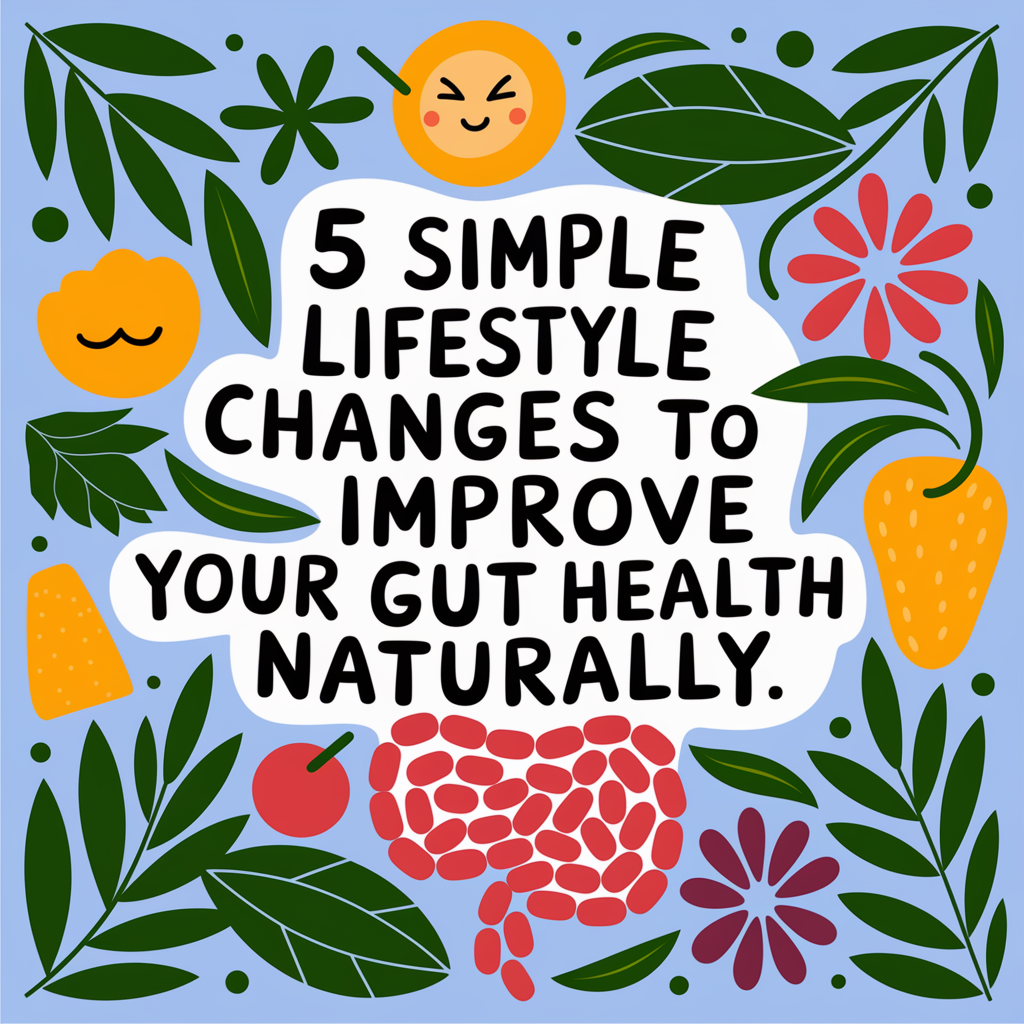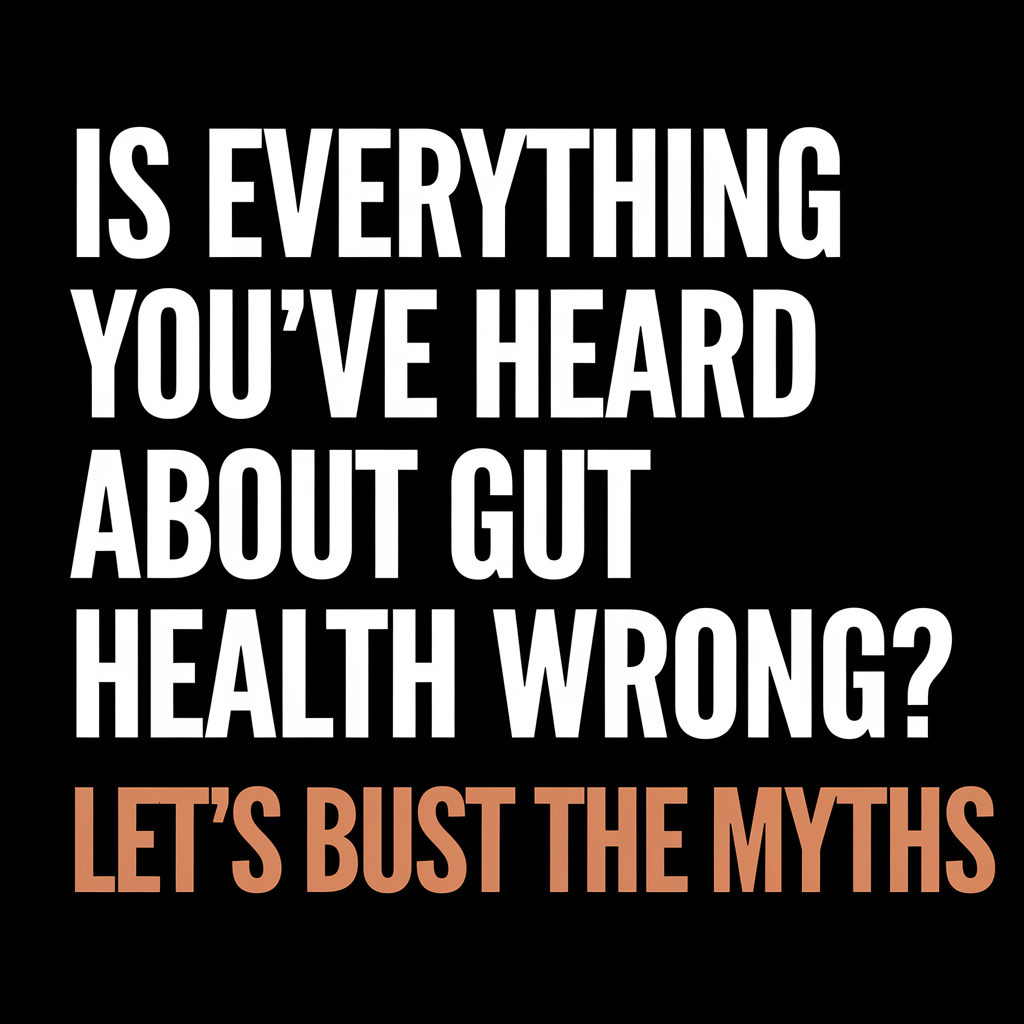
What are the biggest myths about gut health?
If you’ve spent five minutes on the internet lately, you’ve probably seen someone claiming to “heal your gut fast” or that you must drink celery juice every morning or avoid gluten for life. I’ve fallen for a few of those too. But here’s the deal: a lot of what we’re told about gut health online? Flat-out wrong.
When I first started dealing with bloating, sluggish digestion, and unpredictable bathroom trips, I got desperate and Googled everything. That’s when I ran into gut health myths everywhere—things that sounded helpful but actually made my symptoms worse or just wasted time and money.
Here are a few I bought into:
- That you need to cut out entire food groups
- That probiotics work instantly (or that they’re even always necessary)
- That one “superfood” or detox drink can magically reset your gut overnight
The truth is, real gut healing takes time. There’s no magic bullet. What finally helped me was slowing down and making simple lifestyle changes that supported my gut long-term, like these five daily habits that turned everything around for me.
Once I stopped chasing trends and focused on consistency, things actually started improving. So let’s get into the most common myths and what really works—starting with one of the biggest.
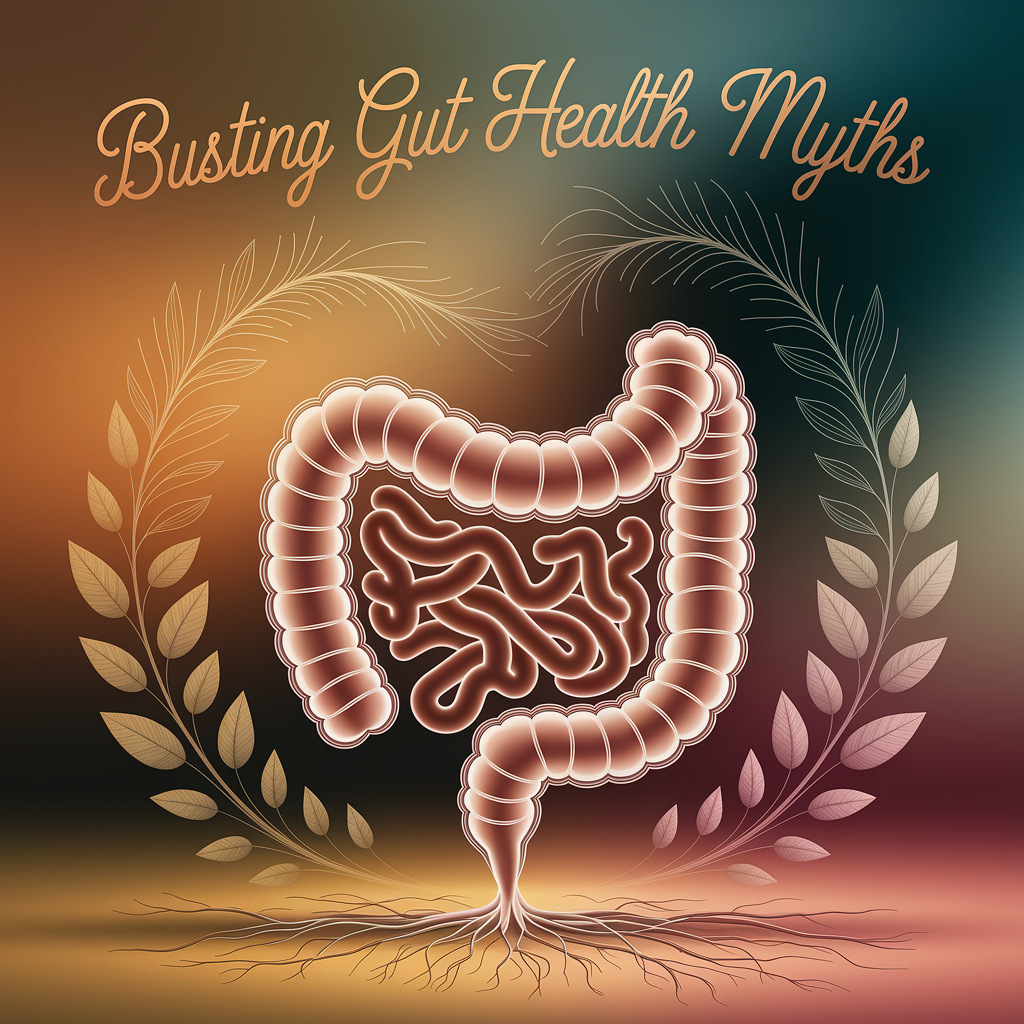
Are probiotics necessary for a healthy gut?
I used to think taking probiotics was a must. Every article and social post made it sound like my gut would collapse without them. So I stocked up—pills, powders, even kombucha on tap in the fridge. But here’s the truth I learned the hard way: not everyone needs probiotic supplements, and they don’t work the same for everyone.
Probiotics can be incredibly helpful—but they aren’t a guaranteed fix. If your gut is inflamed, your diet’s off, or you’re constantly stressed, those friendly bacteria might not even survive long enough to help. And for some people, certain probiotic strains can actually cause more bloating and discomfort.
That said, when I finally found one that worked with my body, the difference was night and day. This women’s probiotic by Garden of Life helped me feel less gassy, more regular, and even more clear-headed. My husband takes the men’s version and swears by it too.
Still, I didn’t rely on probiotics alone. I paired them with actual gut-friendly meals, more fiber, and fermented foods (I’ll share those in a bit). And I stayed consistent—because gut health isn’t a one-pill wonder.
Need a deeper look at how gut health impacts more than just digestion? I wrote about the mind-gut connection right here—because when my gut felt better, my brain did too.
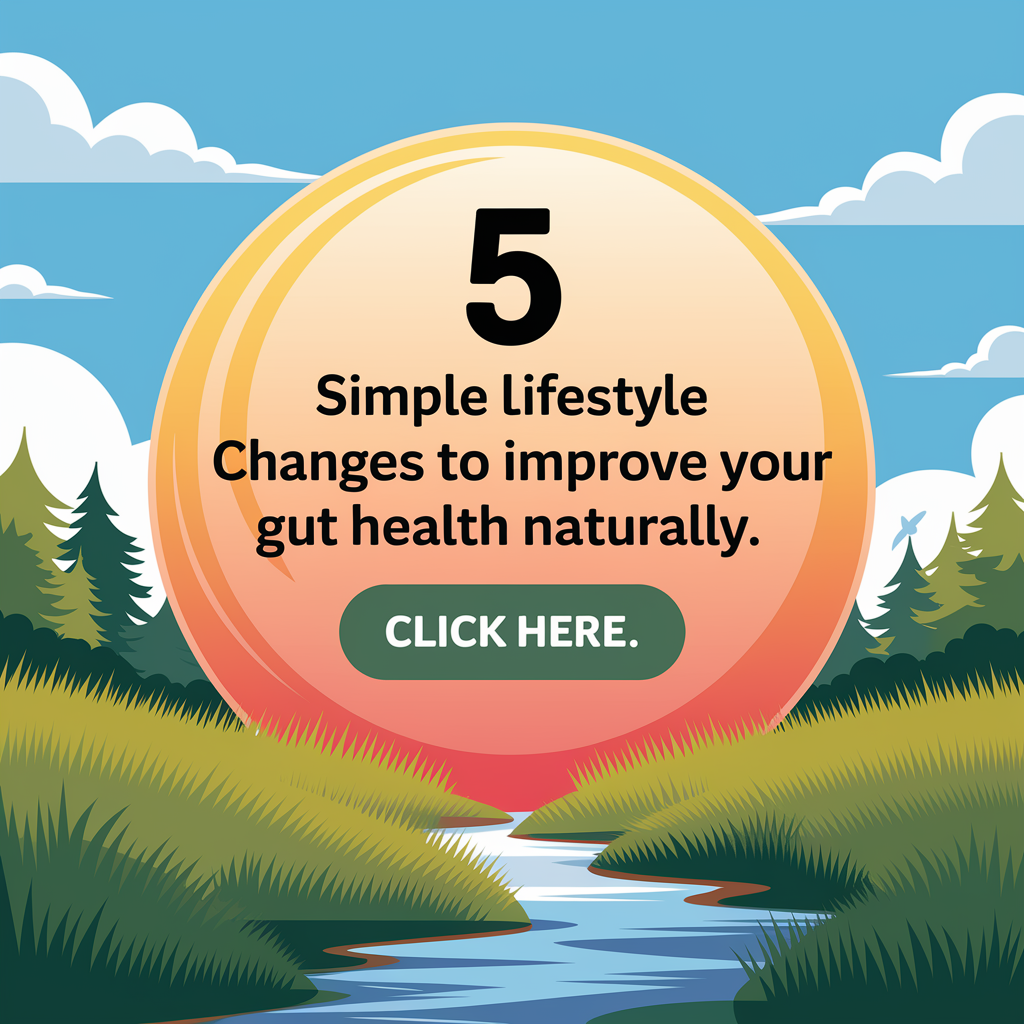
Can you fix your gut health quickly?
I used to Google things like “heal your gut in 3 days” or “quick gut reset” more times than I care to admit. When you’re bloated, foggy, constipated, or running to the bathroom every morning, you just want it fixed—fast. But here’s one of the most persistent gut health myths out there: that there’s a quick fix.
The truth? Gut healing takes time, patience, and consistency. And I’m not talking about a 30-day cleanse or that mystery powder being pushed on Instagram. Real change happened for me when I shifted my focus from drastic short-term fixes to sustainable, daily habits.
I stopped following fad diets and started focusing on the basics:
- Eating a wider variety of plants
- Drinking more water (actually tracking it, not guessing)
- Getting better sleep (no more doom-scrolling in bed)
- Staying regular with a daily stool softener that kept things moving without harsh side effects
- Using Milk of Magnesia on days where I needed a gentle reset
And you know what really helped my consistency? Swapping out bland carbs for gut-friendly grains like quinoa, oats, and barley. Small upgrades made a big difference over time.
So no, you won’t heal your gut overnight—but you can start healing today. And that’s way more powerful than chasing the next trend that doesn’t actually work.
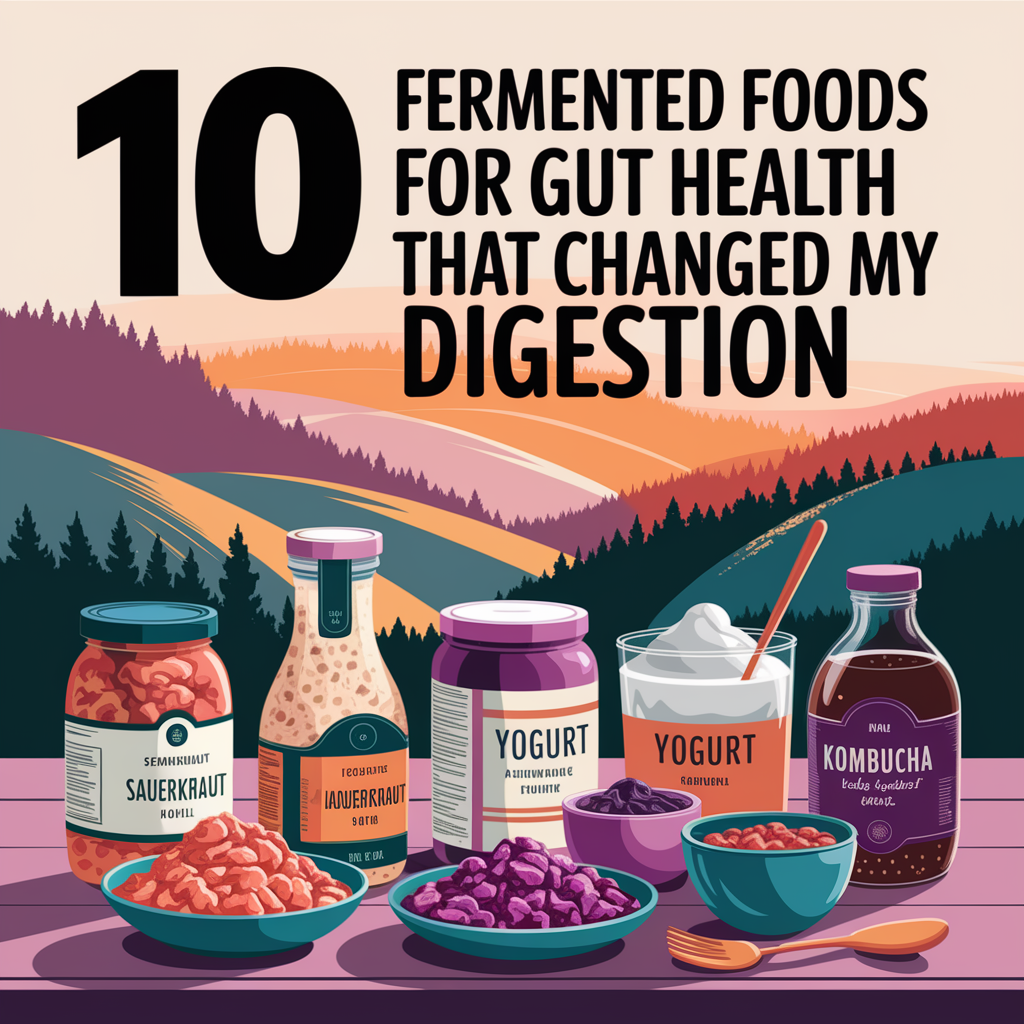
Are all fermented foods good for your gut?
This one surprised me. I always thought if something was fermented, it was automatically amazing for your gut. Sauerkraut? Perfect. Yogurt? Bring it on. Kombucha? I drank it like water. But here’s what I learned: not all fermented foods are created equal.
Some of them are loaded with sugar (looking at you, flavored kombucha and fruity yogurts). Others are so salty or processed that whatever benefit they might offer gets wiped out. And some of them, honestly, just don’t sit well with everyone.
I still eat fermented foods almost daily, but now I’m intentional about it. The ones that worked best for me were:
- Plain kefir (tart but powerful)
- Unflavored, unsweetened Greek yogurt
- Fermented pickles (without vinegar—only salt and water)
- Sauerkraut with live cultures
If you want a breakdown of which ones actually helped my digestion, I listed them all in this guide to fermented foods that changed my gut. They’re powerful—but only when you pick the right ones and avoid the sugary “health food” traps.
Lesson learned? Just because it fizzes or says “probiotic” doesn’t mean it’s helping your gut. Read the label. Start small. And stick with what makes your body feel better, not bloated.

Does bloating always mean something is wrong?
I used to panic every time I felt bloated—like something had to be wrong with my gut. And yeah, sometimes bloating can signal an issue. But here’s one of those common gut health myths that needs to go: bloating isn’t always bad. In fact, sometimes it’s part of your gut doing exactly what it’s supposed to.
When you introduce more fiber, fermented foods, or probiotics into your routine, your body reacts. And one of those reactions? Temporary bloating. That doesn’t mean you’re doing something wrong—it could actually mean your gut is adjusting and rebuilding itself.
Here’s how I tell the difference now:
Totally normal bloating:
- Happens after eating high-fiber or probiotic foods
- Goes away within a few hours
- Isn’t painful—just a little uncomfortable
Not-so-normal bloating:
- Lasts all day or gets worse as the day goes on
- Comes with sharp cramps or painful gas
- Happens even with simple, bland meals
When I experienced that second kind, I knew it was time to reevaluate my meals and bowel habits. Milk of Magnesiahelped me reset, and using a daily stool softener kept the bloating from building up in the first place. Also, learning how to manage when my stomach acted up at night was key—this post on bedtime gurgling helped me connect some dots I’d been ignoring.
So if you’re bloated, don’t panic right away. Check your food, track how often it happens, and give your gut some time. Bloating doesn’t always mean your gut is broken—sometimes it just means it’s working.
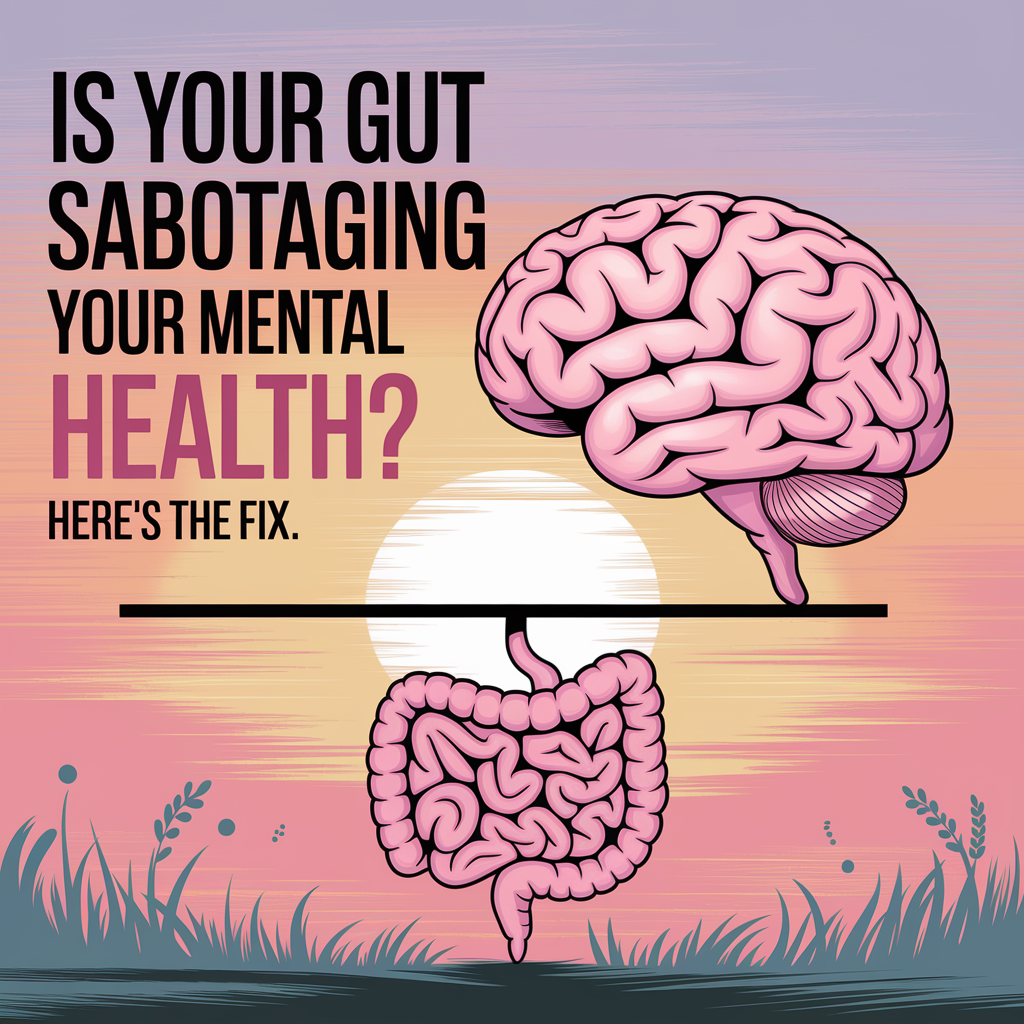
Can gut health really affect your mental state?
This “myth” actually turned out to be 100% true. When my digestion was a mess, so was my brain. I was foggy, anxious, and irritable. I thought I just needed more sleep or less stress… but once I started improving my digestion, everything upstairs got clearer.
The connection between gut health and mental well-being is real. Your gut produces around 90% of your body’s serotonin, that feel-good neurotransmitter responsible for mood, sleep, and focus. If your gut’s inflamed or out of balance, your brain will feel it.
I’ve personally felt the shift. Once I started eating better, sleeping better, and staying regular, I noticed:
- Fewer mood swings
- Clearer thinking
- Better stress tolerance
- And less of that random “blah” feeling that used to hit me mid-day
I talked about my full gut-brain journey in this article on how my gut was messing with my mental health. Spoiler: it wasn’t all in my head—it started in my gut.
So no, gut health and mental health aren’t two separate things. If your digestion is off, your mind probably isn’t feeling great either. Healing both starts with listening to what your body’s been trying to tell you.
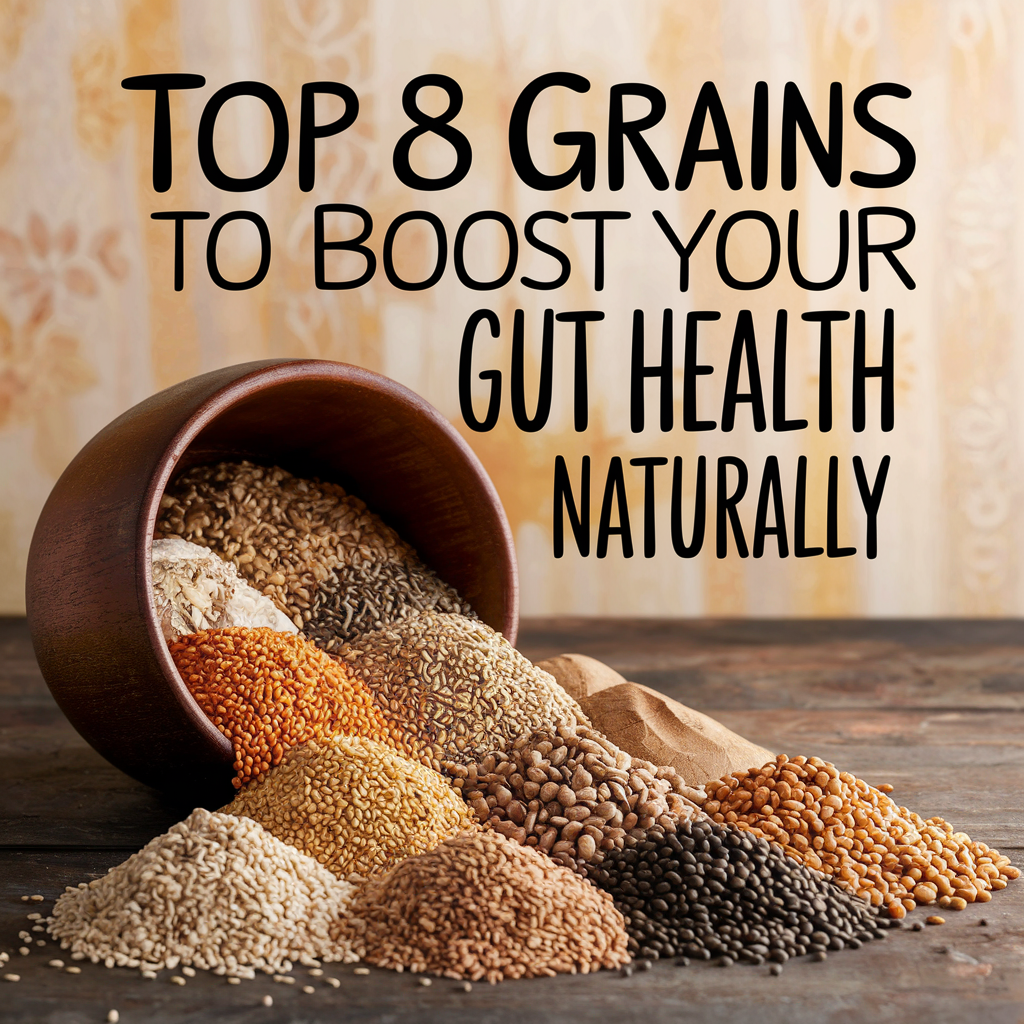
Does cutting out food groups help gut issues?
I can’t even count how many times I saw someone online say, “Just cut out gluten and dairy, and your gut will heal!” So I tried. And then I tried cutting out FODMAPs. Then sugar. Then nightshades. You know what I ended up with? A super limited diet, low energy, and zero improvement in my gut.
One of the most misleading gut health myths out there is that you need to eliminate entire food groups to feel better. For some people, sure—certain intolerances are real. But for most of us, the issue isn’t that simple. And cutting out foods long-term without a medical reason can actually cause more harm than good, especially to your microbiome diversity.
What helped me more than restricting was adding variety back in slowly. I started small, introducing gut-healthy grains like these and experimenting with low-sugar fermented foods. I also paid attention to how foods made me feel—not how someone else online reacted to them.
Here’s what I learned:
- Elimination diets should be temporary and done with a plan to reintroduce
- Cutting out too many foods can starve your good gut bacteria
- Diversity in your diet = diversity in your microbiome = stronger digestion
It took time, but I found what worked for me. And it wasn’t restriction—it was rebuilding with purpose.

What are the best ways to actually improve gut health?
After sifting through the noise, trying the fads, and learning the hard way, here’s what actually helped my gut—and my whole body—get back on track.
These are the things that truly worked:
- Regular bowel movements – I stopped guessing and finally supported my body with this daily stool softener. On tough days, Milk of Magnesia helped without the cramping.
- Eating more fermented foods – Like the ones I outlined in this article.
- Getting back to sleep and movement basics – I underestimated how much my gut needs sleep and light exercise. It made a huge difference.
- Taking the right probiotic consistently – This one for women helped me, and this one for men helped my husband.
- Trusting my body, not the trends – Once I let go of the “rules” and tuned in to my actual symptoms, things got easier.
Want proof that slow and steady works? Just check out this article I wrote on simple lifestyle changes. None of them are extreme—but they worked better than any detox or elimination plan I ever tried.
So if you’ve been falling for gut health myths like I did, I get it. But the real fix is way more doable—and a lot more forgiving—than the internet makes it seem.
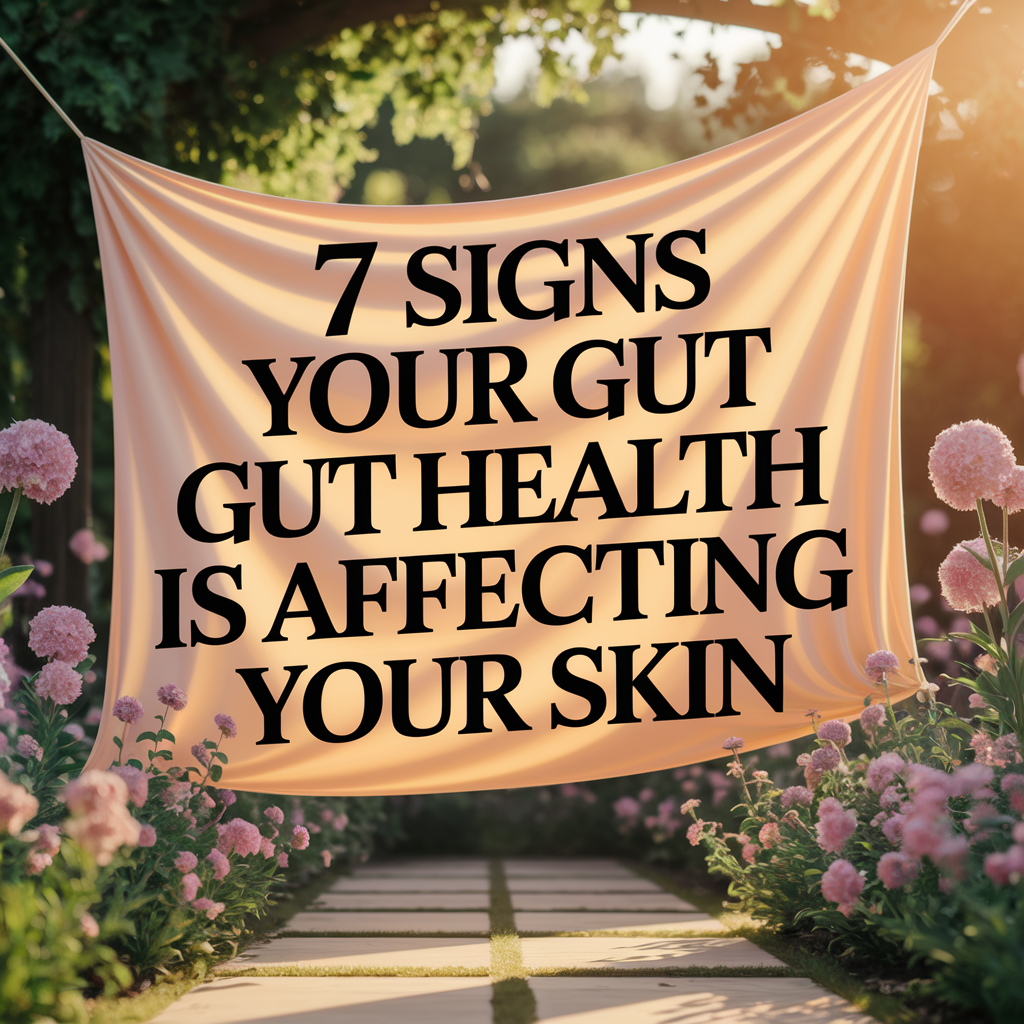
Ditch the gut health myths and trust your body
After going down every gut health rabbit hole you can imagine—cutting foods, over-supplementing, chasing quick fixes—I finally realized the truth: most gut health myths are just noise. What actually helped me feel better wasn’t anything extreme. It was listening to my body, taking small steps, and learning what worked for me.
Gut health isn’t about doing everything perfectly. It’s about building simple habits that support your digestion, mood, and energy in a way that’s sustainable. That might mean finding the right probiotic, eating fermented foods that actually work, or using Milk of Magnesia when you need a little extra help.
I also stopped obsessing over what not to eat—and started focusing on what to add in: gut-friendly grains, fiber, movement, water, and rest. Once I made that shift, the results followed.
The best thing I ever did for my gut (and my mind)? I stopped believing everything I saw online and started trusting my own experience. You can do the same. Your gut will thank you—without the gimmicks.

As an Amazon Associate we earn from qualifying purchases through some links in our articles.


